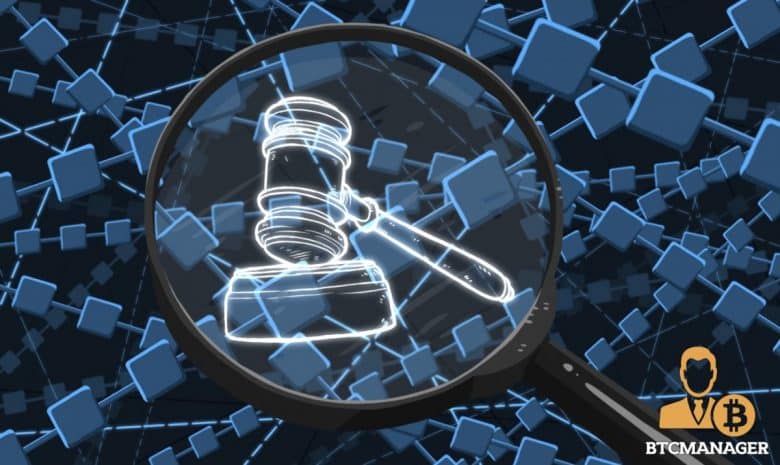University of Oxford Suggests Legal Recourse Could Change Outcome of Crypto Transactions

A blog post published by the University of Oxford Faculty of Law has suggested that victims of a cryptocurrency theft and fraud could potentially recover their funds through legal proceedings in the future. The report cited a Canadian judge’s ruling from September 2018, in which a Singapore-based company Copytrack was authorized to recover 530 ETH mistakenly sent to an investor. The author speculates that this case could set precedent for new claims and may have major repercussions on similar rulings worldwide.
Setting a Precedent
The case, Copytrack Pte Ltd v Wall, was filed in the Canadian province of British Columbia earlier in 2018, with the first hearing taking place on May 22, 2018. According to the judgment published by the Supreme Court of British Columbia, the controversy first unfolded when the defendant, a cryptocurrency investor named Brian Wall, invested 780 Canadian dollars in Copytrack’s Initial Coin Offering (ICO).
In exchange for his investment, Wall was expected to receive 530 CPY tokens, the platform’s native currency. However, Copytrack inadvertently transferred 530 ETH tokens to his wallet instead. At the time, the value of the transferred tokens amounted to roughly 495,000 Canadian dollars. Once the error was identified, Copytrack asked Brian Wall to return the tokens.
However, the investor initially refused and transferred the Ethereum tokens from his personal wallet to a cryptocurrency exchange.
Wall eventually relented and agreed to return the tokens to the company. He later claimed to have lost possession of the tokens due to a theft. Shortly after Copytrack approached the court for legal recourse, Wall passed away, leaving the company with no one to litigate. On September 12, 2018, the court ruled that the startup was authorized to track and recover the tokens “in whatsoever hands those Ether Tokens may currently be held.”
Cryptocurrencies: Immutable and Irreversible
Cryptocurrencies have a long-standing reputation for offering almost no recourse or dispute system in the event that a transaction turns out to be illegitimate. This is in stark contrast to the traditional banking system, where credit card processors such as Visa and Mastercard and financial institutions offer redressal systems as a consumer protection measure. In the world of decentralized cryptocurrencies, however, such a system could never be implemented, even if regulation would demand it.
While it is not impossible to retroactively reverse a cryptocurrency transaction, most blockchains are designed to be immutable. Since digital currencies do not employ a central authority to verify transactions, even a simple reversal would require all validators on the network to consent to the change. Collusion of this scale has simply never taken place in the history of the cryptocurrency industry.
The case highlighted by the University of Oxford demonstrates that courts could overcome this limitation as long as the identity of the two parties can be proven.
“With the possibility to track the history of cryptocurrency (token) transactions from one wallet to another in a digital ledger, and advancement of professional services of the cryptocurrency transaction tracing, one may envision a situation where a rightful owner could recover his tokens once they appear in the cryptocurrency exchange’s wallet,” the blog post concluded.












